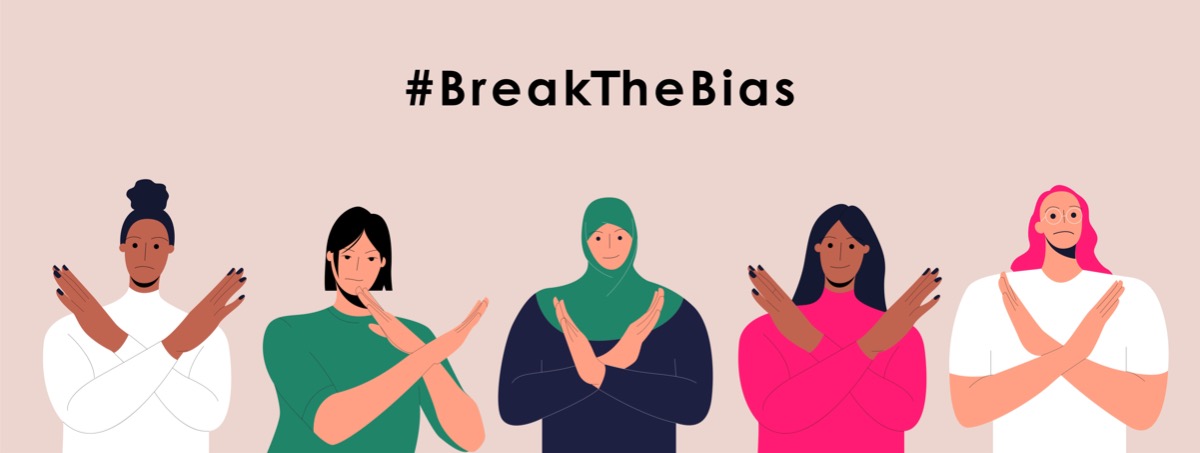Submitted by New Tactics on

With the upsurge in social media use, one tactic that has seen great attention and usage is “hashtag activism.” Hashtag activism is a type of online activism that involves the use of hashtags on media platforms such as Twitter, Facebook, Instagram, etc. Its main purpose is to build public support for social and political awareness and change.
As a digital native in the twenty-first century, social media posts are a daily commodity in my life. But what started as a platform to share life updates and maintain connections is now an active arena for advocacy. While many activists hope that their use of social media, especially hashtags, will lead to greater efficacy, others have resisted the superficial nature of liking and sharing a post in the name of activism.
Hashtag activism is not limited to individual activists. Organizers around the world are using hashtags to enhance their reach in various ways, such as by increasing awareness of internationally recognized days of importance. One example is International Women’s Day (March 8). International Women’s Day celebrates and advocates for the advancement of women's rights in social, economic, political and cultural spheres. In 2016, organizers started creating and sharing an annual hashtag campaign relating to gender equality for International Women’s Day. Each annual theme calls for action to advance gender equality around the world. The campaign theme and hashtag for 2022 is #BreakTheBias.
This year’s campaign encourages all gender identities to call out gender bias, discrimination and stereotyping in all places - our communities, workplaces, schools, etc. There is an emphasis on collective action and responsibility for gender equality, meaning this is not just a ‘women’s issue’. It is an issue for everyone to take action on.
Readers like you can join the #BreakTheBias campaign! Strike the #BreaktheBias pose by crossing one arm over the other and posting the photo on social media using the hashtag. Individuals and organizations can post their images in solidarity to advocate for a world free of bias, stereotypes, and discrimination.
As I prepared to share my own picture using the hashtag, a big question loomed over me – will this singular gesture change anything? Perhaps not, but this is the caveat of hashtag activism as a tactic. Pictures and resources shared by familiar people can evoke curiosity amongst our audience. They might ask you privately about the hashtag or click on the hashtag and find more resources both online and offline. Hashtags can start conversations. As social media users, we can (and should) take shared responsibility to transform hashtags into conversations. And then take the further step of transforming those conversations into action. We all can play a part in ensuring the sustainability of hashtag activism; its impact is determined by supporters’ willingness to sustain it. Our active participation matters.
The impact of the 2022 International Women's Day #BreaktheBias campaign is not yet known. But, you have a say in the campaign's impact. You can join me in going beyond "striking the pose" and sharing your image. We can start the conversations in our communities. When we engage in hashtag activism, we can also share information and resources to move it forward. The #BreakTheBias campaign has images, videos, resources, presentations and articles readily available for you to share. Online discussions can lead to greater mobilization of people to engage in on-the-ground action. We can encourage people to commit to helping forge an inclusive world by actively listening to the affected communities - in this case, women and non-binary people.
In the spirit of International Women's Day, I will take action. I will also explore in two upcoming blog posts how hashtags are being used by other prominent women’s rights campaigns to make an impact, including both successes and limitations of the tactic. Some of these hashtag campaigns present questions we should consider and others present results we can celebrate.
By Dipakshi Sarma, New Tactics in Human Rights intern


